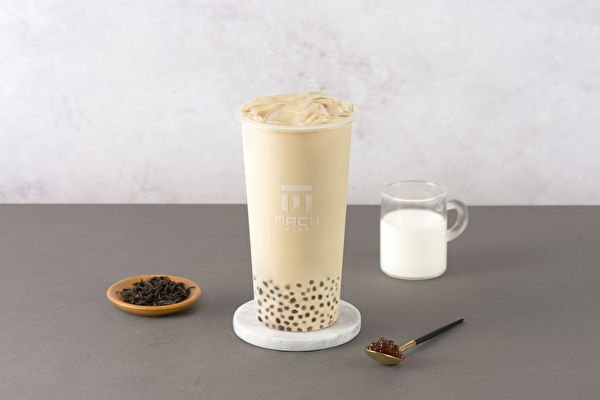In recent news from December 12, 2024, the continuous downturn of the Chinese economy has triggered a chain reaction, causing a slump in consumption and impacting various industries. Over the past year, the phenomenon of “internal competition” and “price wars” in the milk tea industry has led to the closure of nearly 200,000 milk tea shops.
According to big data statistics from the Chinese catering media “Red Banquet Network,” as of November this year, a staggering 197,000 milk tea shops have shut their doors within a year. The wave of closures has affected both frontline and near-frontline brands who once aimed to expand rapidly, as well as thousands of franchisees who were driven into the milk tea business by the wave of entrepreneurship.
It is reported that nowadays, the survival time for starting a new milk tea shop is getting shorter and shorter. From six months to three months, surviving for a year and a half is considered “old age” in the industry.
One such story is that of Wang Wang, who spent all her savings over five years to open her own milk tea shop. She designed the logo and packaging herself, sourced raw materials through her own channels, and struggled to operate the shop for over a year, only to incur losses of 300,000 yuan (RMB). In late August, she made the difficult decision to close the shop to cut her losses.
Contrary to Wang Wang’s venture with her own brand, another individual, Li Zi, opted to franchise a local third-tier tea brand, investing over 400,000 yuan. Their store opened in February, only to close during the peak summer season in August, lasting less than six months.
Different from Li Zi, Bing Bing joined a highly popular frontline brand and opened three franchise stores from August last year, accumulating losses of over two million yuan by October this year. By the end of November, Bing Bing revealed plans to close one of the stores.
It’s not just entrepreneurs facing operational difficulties, as many top-tier brands are also struggling.
Tea brand Cha Ba Dao, which went public in April this year, opened 826 franchise stores in the first half of the year but also closed 245, averaging a closure for every 3.37 new openings. Another renowned brand, Naixue’s Tea, known as the “top tea brand,” shuttered 89 directly operated stores in just the third quarter of this year, with its subsidiary brand, “Taige,” being completely shut down at the beginning of the year.
Unlisted tea brands have not disclosed official data, but according to third-party organization statistics, several leading brands in the industry have closed more stores than they have opened.
The second and third quarters of this year marked the peak period for closures of top-tier brands. Apart from major brands, some once-prominent internet celebrity brands and regional chain brands have also suffered significant losses.
For example, Fuzao, which used to be somewhat renowned, has closed stores in multiple cities such as Hangzhou and Beijing, reducing their store count from over 230 during the peak period to around 10. The popular milk tea brand Black Laitang, which once boasted over 2,000 stores during its peak, now has barely 200 left.
It is heartbreaking to note that in April of this year, there was news about the founder of the internet celebrity milk tea brand “Yuan Zhenzhen” setting up a stall to sell milk tea.
Founded in 2019, Yuan Zhenzhen once had 300 stores during its peak period, with annual revenue nearing 40 million yuan. Starting from the first half of 2022, due to rapid expansion among top-tier brands and intense price wars, Yuan Zhenzhen’s financial chain became unsustainable, leading to a series of store closures.
In 2023, when Yuan Zhenzhen announced the closure of its final directly operated store, the company had accumulated losses exceeding 10 million yuan, forcing the founder to sell the house she had lived in for over twenty years to pay off debts and start selling milk tea at a street stall.
Analysts point out that various factors have contributed to the difficulties faced by milk tea shops.
Firstly, in recent years, brands of all sizes have aggressively expanded, saturating the market, while the pressure of “internal competition” in the workplace has driven many young people to join the milk tea entrepreneurship trend, resulting in oversupply. The increasing number of milk tea shops has led to severe product homogenization, escalating operational pressures on stores, and ultimately leading to the adoption of “price wars,” further depleting their finances.

